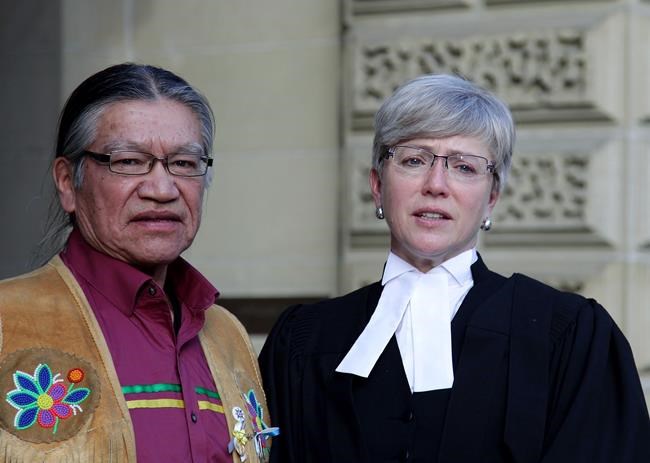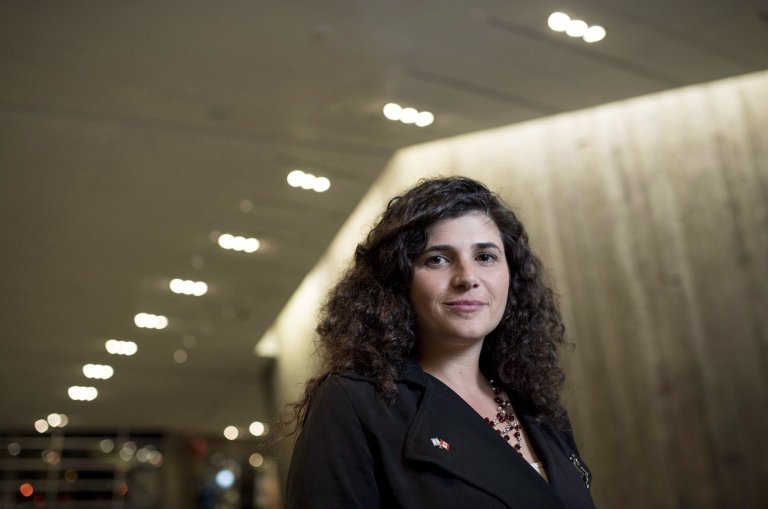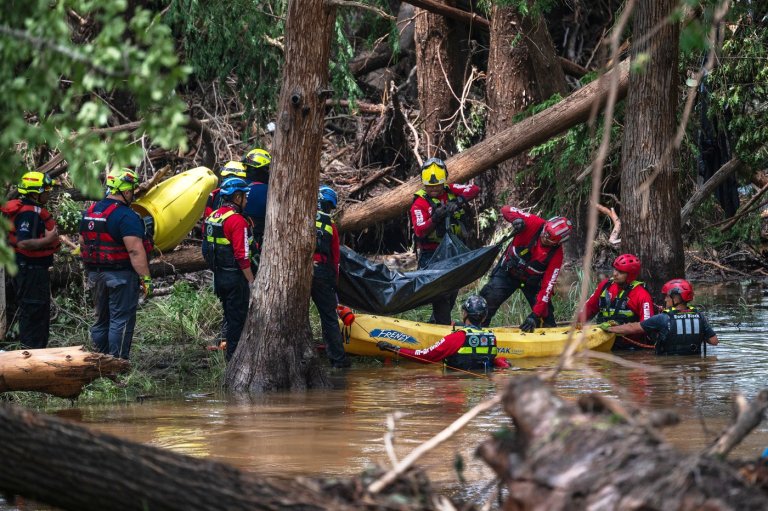
Indian residential school hearing delayed pending higher court written ruling
TORONTO – Two survivors of a notorious Indian residential school will now have to wait several more months to find out whether the courts will even allow them to press their abuse compensation case.
However, they won’t be on the hook for the government’s legal bills at this stage of the proceedings, a justice decided Wednesday.
At a brief hearing, Ontario Superior Court Justice Paul Perell said it’s an open question whether he has the jurisdiction to hear them out on the substantive issues before him.
Part of that answer, Perell said, will likely come from the Court of Appeal, which last week sided with the federal government in a separate case related to another Indian residential school. However, the top court has yet to give written reasons for its decision.
The claimants in the current case, Edmund Metatawabin and a woman known as K-10106, attended the church-run St. Anne’s residential school in Fort Albany, Ont., which was equipped with an electric chair used to shock students.
Among other things, they want Superior Court to order a full-scale inquiry into why records of a criminal investigation and prosecutions arising out of abuse at the school were only disclosed under court orders in 2014. As a result of the non-disclosure, they say, some former students were unfairly denied compensation under settlement of a class action related to the Indian residential school system.
They also want the courts to ensure they aren’t forced to foot the government’s legal bills if they ultimately lose the complex case, a request the government says should be rejected. Perell, however, did grant them costs immunity for the initial jurisdictional fight.
The next hearing is now scheduled to take place March 24, provided the Appeal Court releases its reasons by Feb. 15. It will focus solely on whether Superior Court has jurisdiction to grant Metatawabin and K-10106 the orders they want — based on documents already filed.
“There are some difficult legal questions associated with the request,” Perell said Wednesday. “This pile of material that’s on my desk, that’s the record. Nothing more. Nothing less.”
In the other case heard last week, Ontario’s top court sided with the government, which argued that Perell had no right to order compensation for a former altar boy who was denied payment despite being raped by a priest at a residential school in Spanish, Ont.
The claim by M.F., now in his 60s, was rejected under the independent assessment process set up to deal with such claims. The adjudicator decided the school had already closed when the abuse occurred.
In July, Perell found the process had failed M.F., and a miscarriage of justice had occurred, especially since a government document that bolstered the claim only turned up after the court case was started.
Perell ordered M.F. be compensated without a further hearing — which Canada said he had no right to do. The Appeal Court agreed last week, although why is not clear.
“Those reasons will be very significant,” Perell said.
As a result, Perell said there’s no point hearing Metatawabin and K-10106 on the merits of their case before the jurisdiction question is sorted out.
Join the Conversation!
Want to share your thoughts, add context, or connect with others in your community? Create a free account to comment on stories, ask questions, and join meaningful discussions on our new site.














Leave a Reply
You must be logged in to post a comment.